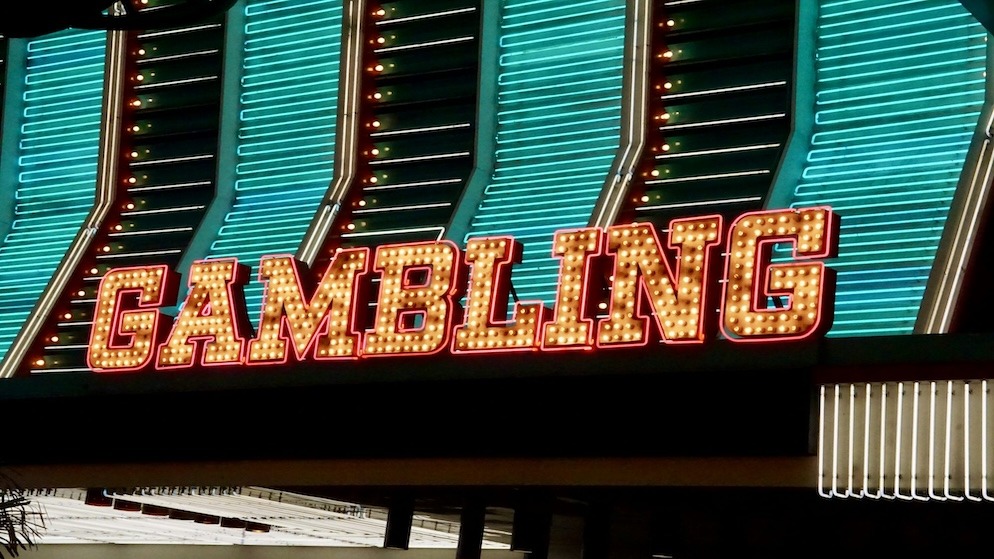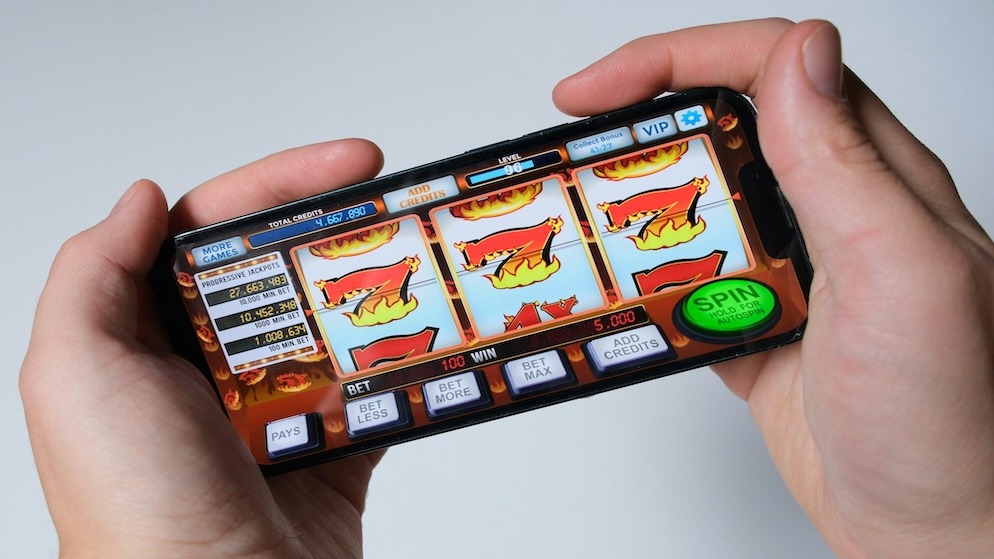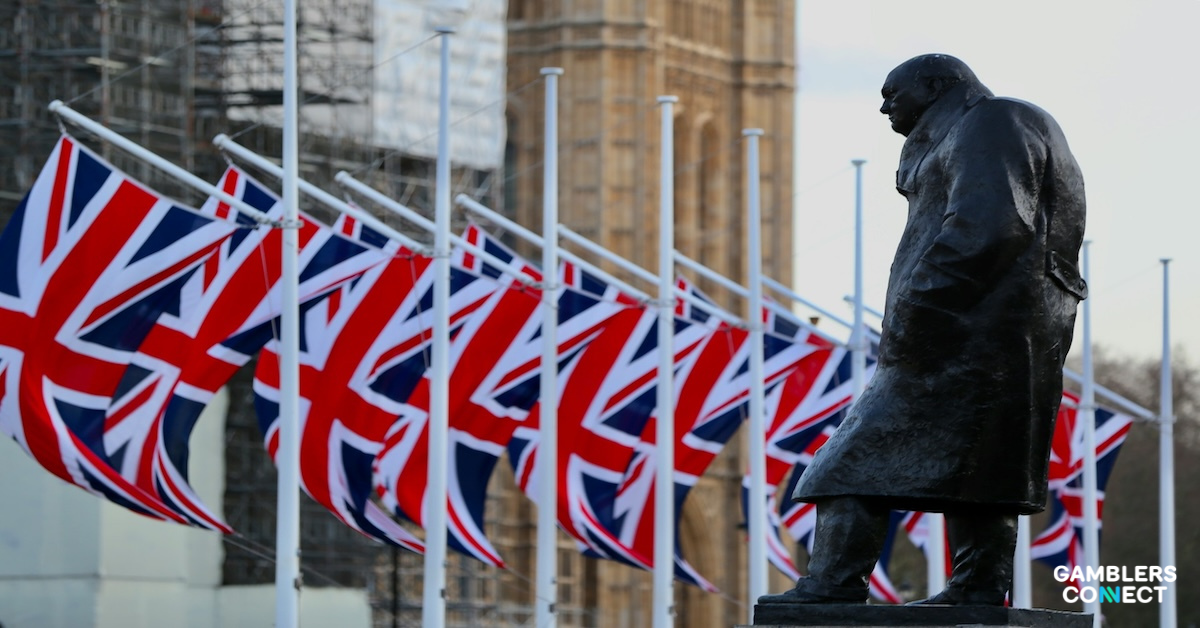
You’ve seen the flashy banners promising life-changing jackpots and the targeted notifications popping up right when you’re most tempted. But with 39 states now legalizing sports betting and online gambling limited to just seven, do these ads still pull you toward the reels or tables? As ad spend hits record levels while responsible-gaming messages flood your feeds, the answer isn’t a simple yes or no. It’s a calculated evolution that keeps players hooked in smarter, subtler ways.
Picture receiving a DraftKings push notification offering “$50 bonus bets on a $5 deposit” just before kickoff. Or imagine a BetMGM email teasing VIP concert tickets tied to your play history. These aren’t random. They’re precision-engineered to tap your habits. Yet 66% of Americans encountered responsible-gaming ads in 2024, up from 56% in 2022.
The industry walks a tightrope between seduction and safety. When every scroll, email and stream becomes a potential trigger, how much control do you truly retain? Sticking to vetted platforms helps. If you’re hunting the best real money online casino with transparent bonuses and fast payouts, expert shortlists like those featuring Vegas Aces (topping charts for slots variety and a $7,500 welcome package) cut through the noise via rigorous 23-step reviews.
Digital Precision Turns Casual Scrolls into Deposits
Traditional TV spots haven’t vanished. But they’re no longer the main event. Gambling ad volume spiked 79% year-over-year through late 2024. FanDuel alone dropped $264 million, with 90% on broadcast but a surging 75% increase in digital.
That shift means you’re more likely to see a geo-targeted SMS offering free spins near a partner casino. You won’t just encounter a generic Super Bowl ad. Operators now use AI to predict when you’ll open an app. They serve exact-match bonuses that convert at rates traditional creatives can’t touch.
The technology goes beyond timing. It analyzes your session length, favorite games and peak activity hours. Offers feel personal rather than promotional. Data points such as average wager size and game preference feed predictive models. These models determine the exact moment to deliver a reload offer. Conversion rates rise accordingly.
PrizePicks Exemplifies the Mobile Push
PrizePicks poured $106 million into ads in 2023. That’s up over 400% year-over-year. Cable-heavy strategy still works. But the real sway comes from mobile push notifications during live games.
You get a “double your deposit” alert just as your team scores. Suddenly $20 becomes $40 in play. It’s not coincidence. It’s behavioral science baked into the algorithm.
Hyper-personalization extends to email. Subject lines like “Your Exclusive Live Dealer Boost Expires in 2 Hours” exploit urgency and FOMO. Resistance crumbles when the same live-dealer promo hits multiple channels. A countdown-timer reminder seals the deal.
RichAds data confirms exact bonus phrasing (“100% match up to $1,000”) drives the highest click-through rates. Specificity sways more than splashy graphics. Players starting with $10 often fund full sessions. They’re drawn deeper by the illusion of added value. This pattern repeats across platforms. Initial low-risk entry points lead to sustained engagement.
Bonuses Lock In Long-Term Play
Sign-up offers, reloads, cashback. You know the drill. Yet 39.3% of offshore site users still cite “price including bonuses” as their primary driver. This 2018 stat holds firm in 2025 trends.
Domestic giants counter effectively. BetMGM ties play to hotel perks via MGM Rewards. DraftKings dangles merchandise for its 95 million sports fans. These aren’t gimmicks. They transition you from sportsbook to casino floor.
Once you’re in the ecosystem, cross-selling becomes effortless. Psychology is simple. A sports bettor receiving free spins on a favorite slot shifts focus. The transition feels natural.

Market Growth Fuels Bonus Innovation
The United States Online Gambling Market report by Mordor Intelligence projects the sector climbing from $5.97 billion in 2025 to $12.81 billion by 2030. That’s a 16.50% CAGR. Mobile drives 81.11% of transactions. Casino gaming grows fastest at 13.66% CAGR, fueled by bonus-driven acquisition.
Live-dealer tables now claim over 50% of table wagers. Ads hyping “real casino feel from home” convert sports bettors at record rates. Female participation rises at a 10.04% CAGR through 2030. They respond well to social and multiplayer-focused promos.
The traditional male 25–40 demographic holds 52.33% market share. But the target expands. Operators adjust messaging accordingly. Campaigns highlight community features and lower-stakes tables. These resonate with new segments.
Operators layer loyalty into the mix:
- VIP previews
- Early access to new slots
- Birthday bonuses
- Personalized loss-back offers
These build long-term engagement loops. Each reward reinforces the next deposit. Players exposed to tiered loyalty ads show 30–40% higher lifetime value. They outperform those seeing only welcome offers. Retention metrics improve. Churn rates drop.
At-Risk Groups Face Heightened Triggers
At-risk gamblers report 2–3x more ad exposure. Negative impacts like chasing losses jump 52% among active bettors. A February 2025 Siena College poll confirms this. It found 48% of men 18–49 hold active sportsbook accounts. 20% admit losing money they couldn’t afford.
Ads don’t create addiction. They pour fuel on existing sparks. Constant “one more spin” messaging turns controlled sessions into spirals. Instant deposits via Cash App or crypto worsen the cycle. The ease of funding removes friction. Decisions happen in seconds.
Offshore Platforms Bypass Safeguards
Offshore sites amplify danger. 25.8% of online gamblers still use unregulated platforms. They’re drawn by lax KYC and bigger bonuses. A 2021 SEM study showed entertainment-heavy offshore sites pull 18.5% more U.S. traffic. Live tournaments and massive promos drive this.
Blacklisted sites lose just 1.2%. Deterrence barely dents appeal. These platforms often lack mandated tools. Self-exclusion and reality checks are missing. Players have fewer safety nets. Withdrawal delays and bonus disputes occur more frequently. Reports surface regularly.
Youth Normalization Raises Alarms
Under-25s grow at 14.32% CAGR through 2030. Industry summits now focus on gatekeeping. Short-form ads with micro-influencers racked up billions of views in 2024. They often skirt age filters.
The concern isn’t just exposure. It’s normalization. Gambling framed as casual social activity lowers barriers. Gaming streams and fantasy leagues blend in seamlessly. The line between entertainment and wagering blurs. Early habits form.
Regulatory Gaps Persist Despite Progress
Thirty-nine states greenlight sports betting. Full iGaming remains capped at seven. This gap fuels offshore persistence. $150 billion in annual U.S. wagers still flow illegally. A 2019 AGA estimate holds; trends unchanged in 2025.
Calls for federal rules grow. 58% of Americans want aggressive oversight to curb compulsive play. 63% back the SAFE BET Act’s ad bans during live events. Deposit caps and AI behavior tracking are proposed. Implementation lags tech advancements. State-by-state variation complicates enforcement.

Responsible Messaging Gains Traction
The American Gaming Association’s 2024 Attitudes Survey reveals 66% of Americans saw responsible-gaming messaging last year. 46% of casino players noted increases. Confidence in industry responsibility hit 65%, up from under 40% in 2018.
Ad volume normalizes gambling as “harmless fun.” 76% view the industry positively for jobs and tourism. The sway tilts toward acceptance. Cross-state giants like DraftKings convert fans with branded gear. Fandom turns into deposits.
Regulators face a challenge. Curb harm without stifling the economic engine. It employs thousands and funds state budgets. Operators lean into ethics to retain trust. DraftKings and UFC’s Responsible Gaming Center campaign exemplifies this. Jon Anik PSAs ran across UFC 316 and 318. 15- and 30-second spots aired before weigh-ins and main cards. They reached millions. The campaign continues into late 2025 across social channels.
Legacy Data Informs Current Strategies
Older stats remain foundational. The 39.3% bonus priority from Consumer Engagement with and Perceptions of Offshore Online Gambling Sites mirrors 2025’s exact-match creatives. Statista’s $25 billion 2024 revenue evolved into Mordor’s $26–27 billion 2025 forecast. The 24% offshore growth in non-legal states from Online Gambling Among U.S. Internet Users persists. iGaming stalls. Fresh AGA data on ad volume declines (TV down 17% for FanDuel) shows influence shifting. It’s not fading.
Combine these with 2025 polls. 22% of adults hold active accounts. 34% know someone with a betting problem. Patterns crystallize. Ads sway through evolution, not revolution. The industry adapts faster than regulators. Persuasion stays one step ahead. Historical benchmarks guide future forecasting.
Build Your Defense Against Ad Sway
Are you still swayed? Data says yes. But you’re armed to choose consciously. Prioritize licensed platforms with transparent tools. Apps like those in Gamblers Connect’s 6 Apps for Responsible Gambling let you set limits before the first spin.
Key features to enable:
- Pre-commitment deposit caps
- Session timers
- Reality checks
- Transaction history exports
These turn reactive play into proactive control. When a bonus pops up, ask yourself: Does it fit your budget? Or just the algorithm’s? Review your last 30 days of play. Patterns no promo can hide will emerge. Export data weekly. Spot trends early.
Emotional Branding Redefines Competition
Casino brand strategist Julia Carcamo nails it in a 2025 marketing trends discussion. “That gambling dollar is our recreational spending… What’s going to differentiate you? That emotional connection you make through the experience.” She emphasizes today’s competition isn’t rival casinos. It’s Netflix marathons, concert tickets, or weekend getaways.
Operators win by framing gambling as premium entertainment. Not a side hustle. The shift requires more than bonuses. It demands curated experiences. Personalized game lobbies. Themed events. Community leaderboards. These elements foster belonging. Players return for the environment. Not just the odds.
Embed YouTube video on site here: https://www.youtube.com/watch?v=PZ7HPmXk3PQ
Operators now compete with Netflix, not just rival casinos. Your next move? Treat every promo as entertainment, not income. Check responsible-gaming features first. Claim bonuses second. Always log out on your terms.
Enable two-factor authentication. Use dedicated gambling cards. Schedule regular breaks. Track time and spend in a simple log. The sway is real. But so is your power to play smarter. With awareness and the right tools, you dictate the game. Not the ad. The data proves influence persists. The choice remains yours.




